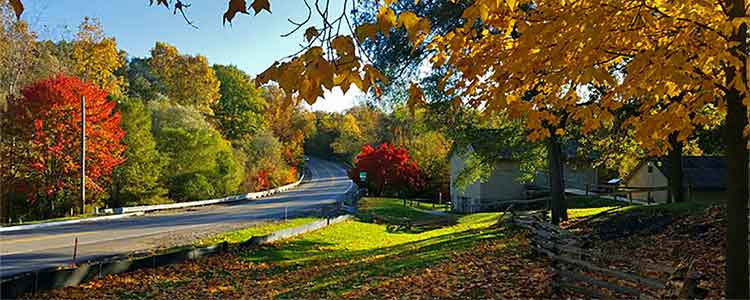Ann Arbor cracks down on short-term rentals
- Sep 22, 2020 | Jennifer Sokolowsky

Ann Arbor, Michigan, has passed a law placing new restrictions on short-term rentals amid concerns that vacation rentals are diminishing the available housing stock for permanent residents.
The new rules require all short-term rentals to be licensed, and bans owners who don’t live in their properties from renting them out for short terms in residential areas.
The ordinance, which goes into effect March 1, 2021, spells out different types of licenses that can be issued.
- Hosts who rent out a property that isn’t their principal residence for short terms may apply for a license that allows them to operate in mixed-use zoning districts only.
- Short-term rental hosts who want to rent out the principal residence where they live permanently may apply for either a whole-house license or a homestay license. The whole-home license allows rentals when hosts aren’t present, while the homestay license is for rentals during which hosts stay on-site. These types of licenses can be issued for mixed-use or residential zones.
These regulations prohibit short-term rentals from operating unless licensed. In addition, short-term rental advertisements must include a valid license number. Hosts will be responsible for nuisance and enforcement complaints on their properties, and operators who violate the rules may face fines and license revocation.
The city estimates approximately 1,400 vacation rentals were operating in Ann Arbor over the past year or so, with 131 of those properties rented out for at least 150 days a year.
The ordinance doesn’t exempt currently operating vacation rentals from the new rules, and some vacation rental owners have said they may take legal action against the city over the law.
While the city has in the past discussed the possibility of levying an accommodations tax on short-term rentals, the new measure doesn’t include any local tax provisions.
However, the state requires Michigan short-term rental hosts to register with the Department of Treasury, collect use tax from their guests, and file regular sales tax returns.
Airbnb automatically collects this tax on behalf of its hosts in Michigan, but Vrbo does not. Hosts who don’t have the taxes collected for them are responsible for compliance on their own.
MyLodgeTax can help vacation rental operators comply with lodging tax requirements. For more on Michigan lodging taxes, see our state Vacation Rental Tax Guide. If you have tax questions related to vacation rental properties, drop us a line and we’ll get back to you with answers.



